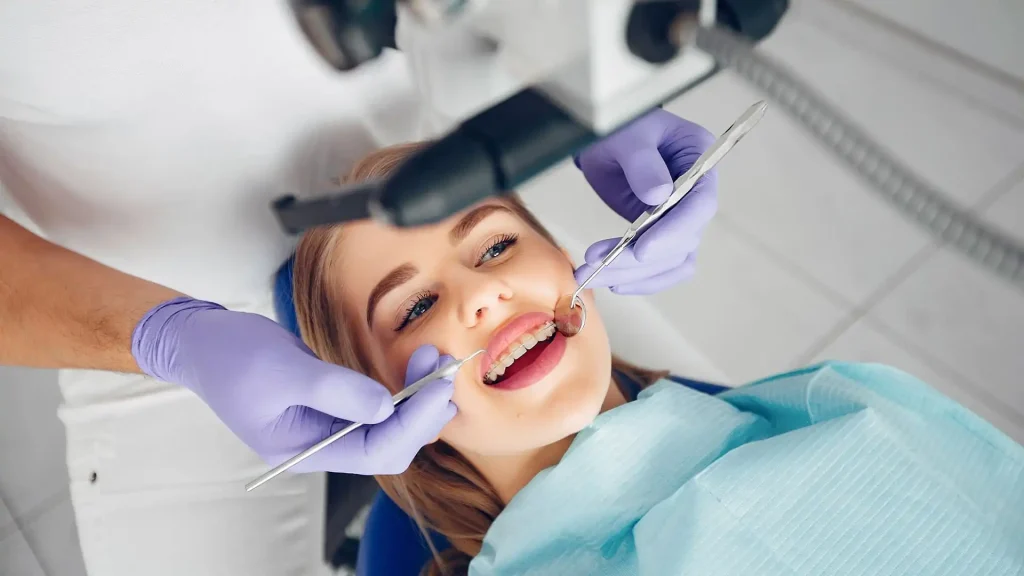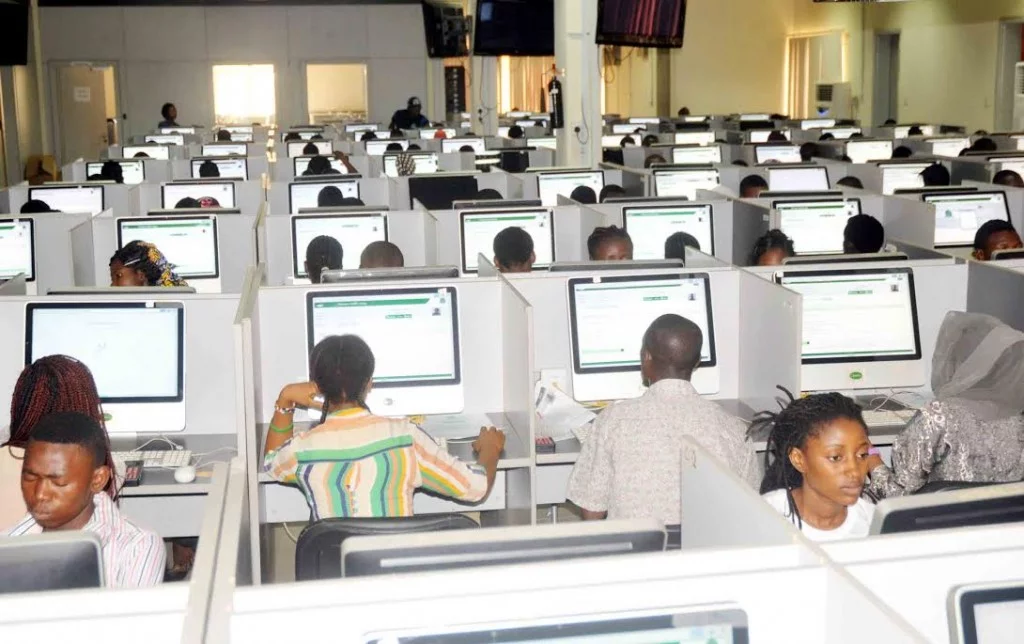The Nigerian Correctional Service Custodial Centre in Abakaliki, Ebonyi State, is currently housing 31 female inmates who are undergoing trials for murder, a capital offence. This was revealed by the state’s Attorney-General and Commissioner for Justice, Ben Odo, during a visit by the First Lady of Ebonyi State, Mrs. Mary-Maudline Uzoamaka Nwifuru, on Tuesday.
During her visit, Mrs. Nwifuru secured the release of 41 male inmates by paying their court-imposed fines, a gesture that drew praise from the beneficiaries. However, the 31 female inmates were ineligible for this act of clemency due to the gravity of their alleged crimes.
Female Inmates Charged with Capital Offences
The Attorney-General disclosed that the female inmates, who make up a small fraction of the 1,265 total inmates at the Abakaliki facility, are all facing murder charges. None of them were eligible for the fine payment initiative, as their cases are still ongoing.
“These 31 female inmates are charged with capital offences and murder. Their matters are still in court and they have not been sentenced,” Odo explained. He added that if convicted, these women would be transferred to the Enugu Maximum Prison, where individuals sentenced to death are housed.
According to Odo, “Anybody who is convicted of murder, which is a capital offence, will not remain here. They will be sent to the Enugu Maximum Prison, where people facing the death sentence are kept.”
Release of Male Inmates
The First Lady’s initiative led to the release of 41 male inmates, including a 16-year-old boy, Ogobuchi Ikebe, who had been convicted for stealing a Bluetooth speaker. Mrs. Nwifuru’s intervention is part of her commitment to supporting vulnerable members of society, particularly those who have faced hardship due to minor infractions.
One of the released inmates, 26-year-old Nwafor Emmanuel, expressed his gratitude to Mrs. Nwifuru for her intervention. Emmanuel, who had been in the facility since August last year for stealing a generator, shared his harrowing experience behind bars.
“The condition of inmates in the prison is very pathetic. I witnessed no fewer than five deaths in the prison, and I will not do anything that will take me back there,” he said.
Challenges Within the Correctional Centre
The Abakaliki Custodial Centre, like many other facilities across the country, faces challenges including overcrowding and limited resources. With 1,265 inmates, the facility is stretched thin, and the experience of those within its walls highlights the need for systemic reform.
Emmanuel’s account of witnessing five deaths underscores the dire conditions faced by inmates. These issues, coupled with the legal delays for those awaiting trial, present a stark picture of the challenges within Nigeria’s correctional system.
First Lady’s Commitment to Social Justice
Addressing the released inmates, Mrs. Nwifuru urged them to shun criminal activities and focus on reintegrating into society. She assured them of her continued efforts to advocate for the less privileged and to support initiatives aimed at addressing social injustices.
“The aim is to give you a second chance at life. Use this opportunity to make something meaningful out of your lives and contribute positively to society,” Mrs. Nwifuru said.
A Broader Call for Reform
The plight of inmates, particularly those awaiting trial, highlights the broader issues within Nigeria’s justice system. Prolonged legal processes, overcrowded facilities, and inadequate resources create conditions that are both punitive and dehumanizing. Advocates have called for judicial reforms to ensure fair trials and expedited legal processes for those in custody.
In the case of the 31 female inmates facing murder charges, their ongoing trials emphasize the need for legal reforms to address delays in the judicial process. Similarly, the conditions described by released inmates like Emmanuel suggest a pressing need for better funding and oversight of correctional facilities.
Conclusion
The visit by the First Lady and her efforts to secure the release of 41 male inmates bring temporary relief to some but also underscore the systemic issues within Nigeria’s correctional and judicial systems. While Mrs. Nwifuru’s gesture is commendable, it also serves as a reminder of the need for comprehensive reforms to ensure justice, dignity, and humane conditions for all inmates.
For the 31 female inmates still awaiting trial, the hope is that their cases will be resolved swiftly and justly, offering them a clear path forward, whether through acquittal or accountability under the law. In the meantime, initiatives like those led by Mrs. Nwifuru provide a glimmer of hope in an otherwise challenging environment.













